Drinks to Sip for Lower Blood Pressure vs. the Ones to Skip
In the quest to maintain optimal health, particularly heart health, managing blood pressure is paramount. High blood pressure, or hypertension, is a silent killer that can lead to severe health complications, including heart disease and stroke. While medication is often necessary, lifestyle changes, particularly dietary adjustments, can play a significant role in controlling blood pressure. Among these changes, choosing the right beverages can make a notable difference. This article delves into 10 drinks that can help lower blood pressure, supported by scientific research, and highlights those that are best avoided. By the end, you'll be equipped with the knowledge to sip wisely and support your heart health.
1. Hibiscus Tea: A Floral Remedy
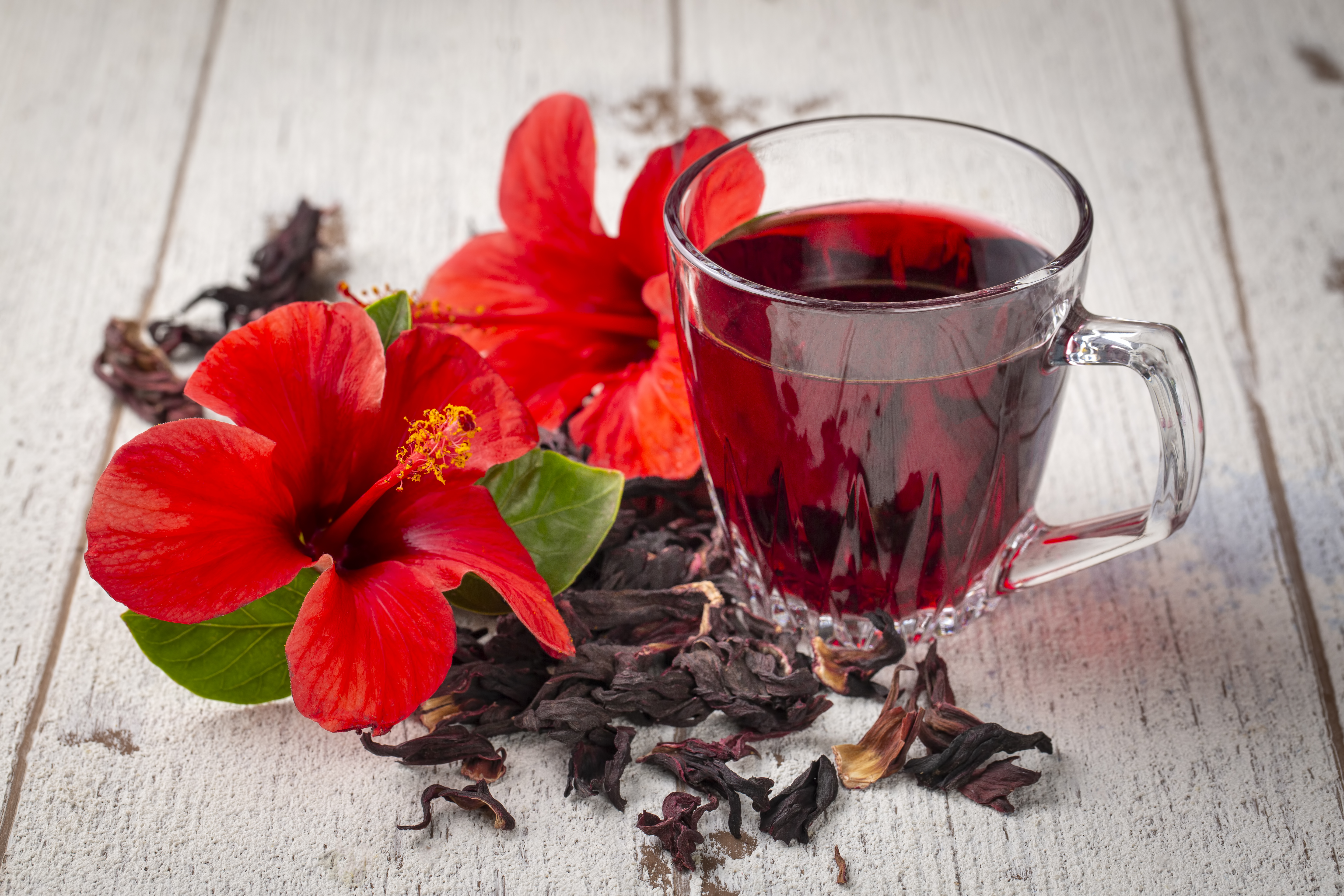
Hibiscus tea, with its vibrant crimson hue, is more than just a refreshing drink; it's a natural remedy for lowering blood pressure. Studies have shown that hibiscus tea can significantly reduce both systolic and diastolic blood pressure. The anthocyanins and other antioxidants in hibiscus help relax blood vessels, improving blood flow and reducing pressure. Regular consumption, about three cups a day, can lead to noticeable improvements. This caffeine-free herbal tea is not only beneficial for its health properties but also offers a tart, cranberry-like flavor that can be enjoyed hot or iced, making it a versatile addition to your daily routine.
2. Beetroot Juice: The Nitric Oxide Booster
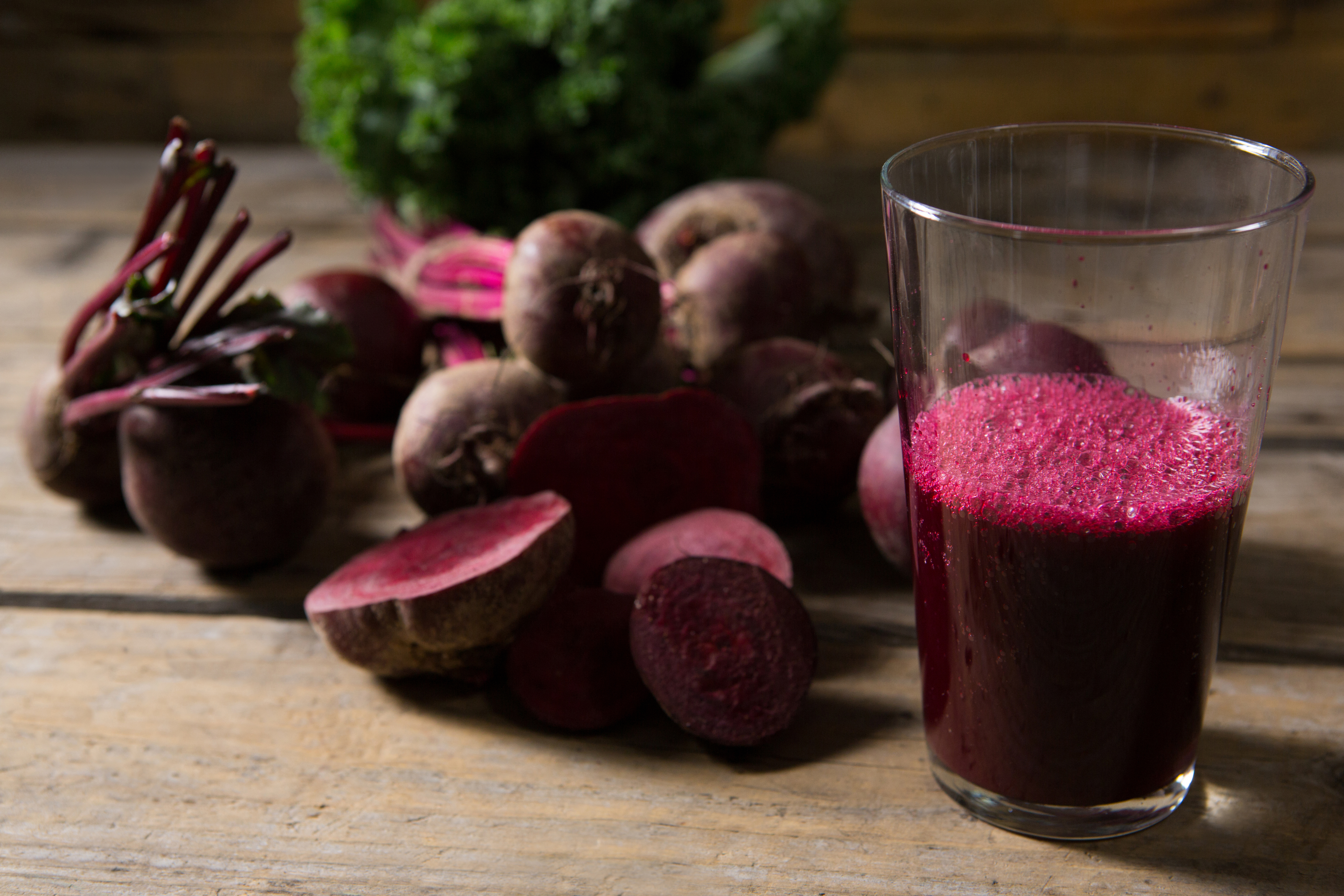
Beetroot juice has garnered attention for its ability to lower blood pressure due to its high nitrate content. Once ingested, these nitrates convert into nitric oxide, a molecule that relaxes and dilates blood vessels, promoting better circulation and reducing blood pressure. A glass of beetroot juice can result in a noticeable decline in blood pressure within just a few hours. Furthermore, beetroot juice is rich in vitamins, minerals, and antioxidants, offering a host of additional health benefits. Its earthy taste might take some getting used to, but its powerful effects make it a worthwhile addition to your diet.
3. Pomegranate Juice: The Antioxidant Powerhouse
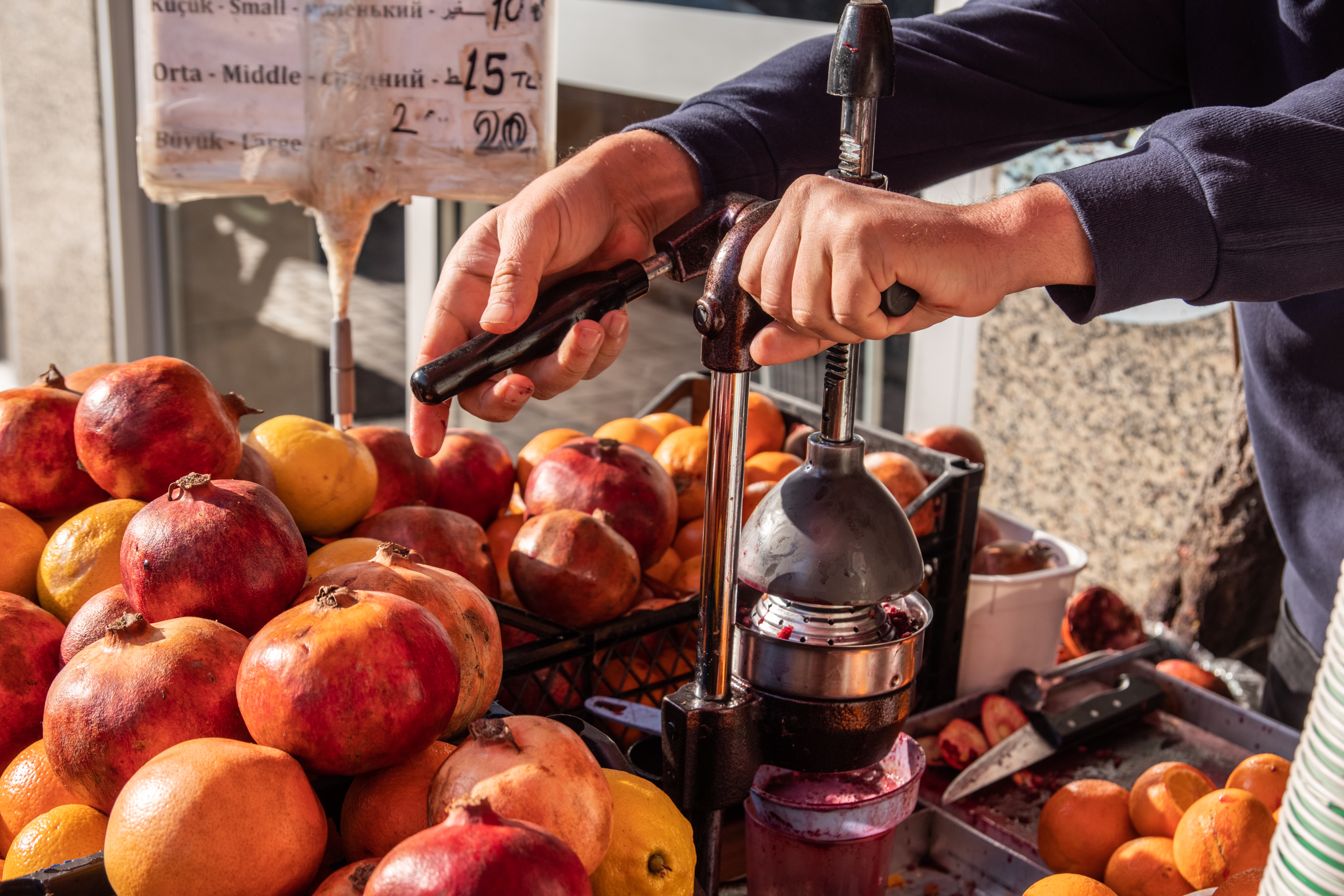
Pomegranate juice is not only delicious but also packed with antioxidants, particularly polyphenols, which are beneficial for heart health. These antioxidants help reduce oxidative stress and inflammation in the arteries, contributing to lower blood pressure. Regular consumption of pomegranate juice has been linked to a decrease in systolic blood pressure, making it an excellent choice for those looking to manage hypertension naturally. It's important to choose 100% pure pomegranate juice without added sugars to maximize its health benefits. The sweet, tangy flavor of pomegranate juice can be a delightful way to support your cardiovascular system.
4. Green Tea: The Heart's Ally
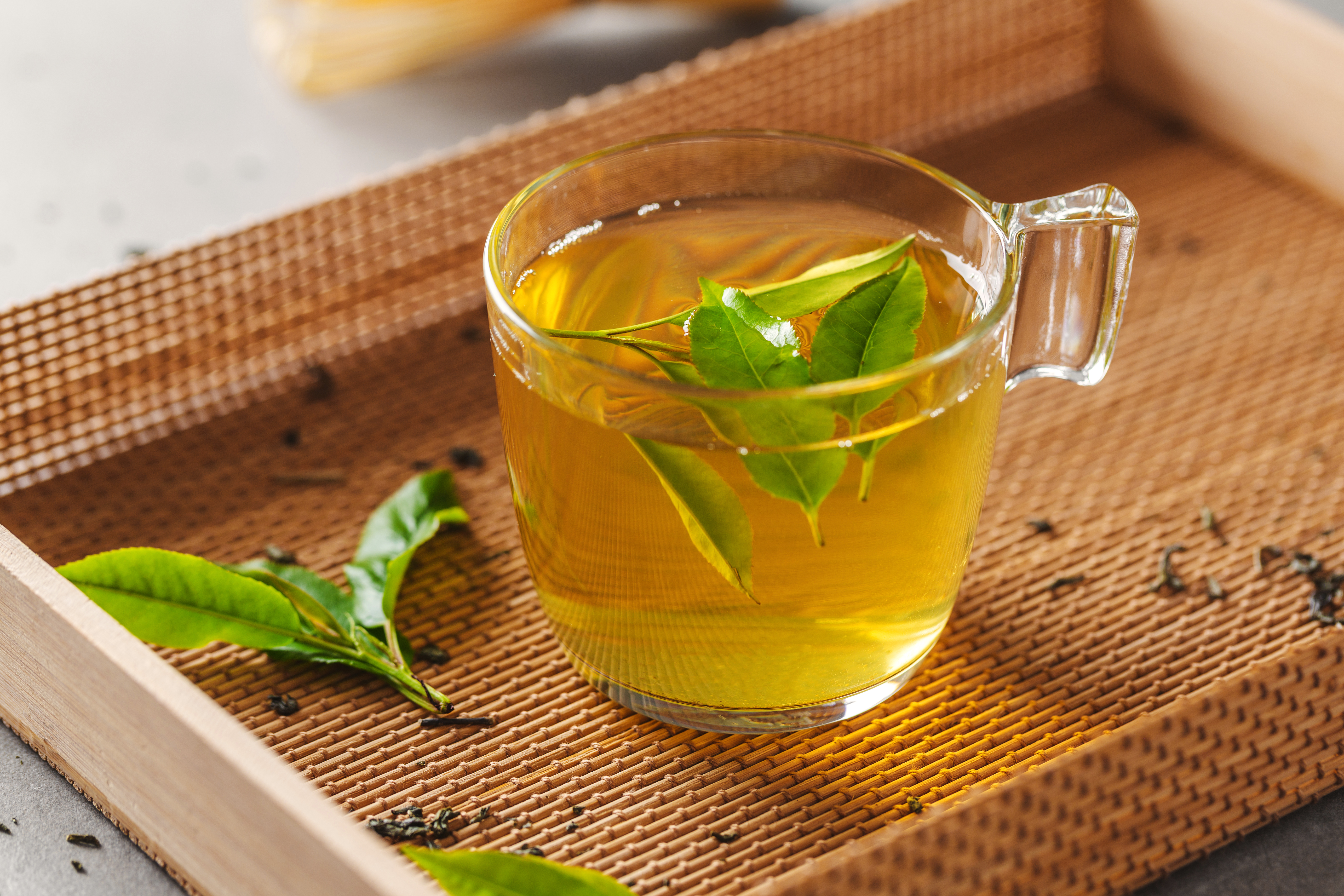
Green tea is renowned for its myriad health benefits, and its potential to lower blood pressure is among them. Rich in catechins, a type of antioxidant, green tea helps improve the function of blood vessels and reduce inflammation. Regular consumption has been associated with lower systolic and diastolic blood pressure. The mild caffeine content in green tea can also aid in enhancing alertness without the jitters associated with coffee. For best results, enjoy two to three cups of green tea daily. Its delicate flavor and versatility make it a soothing choice for those seeking to support their heart health naturally.
5. Low-Fat Milk: The Calcium Provider
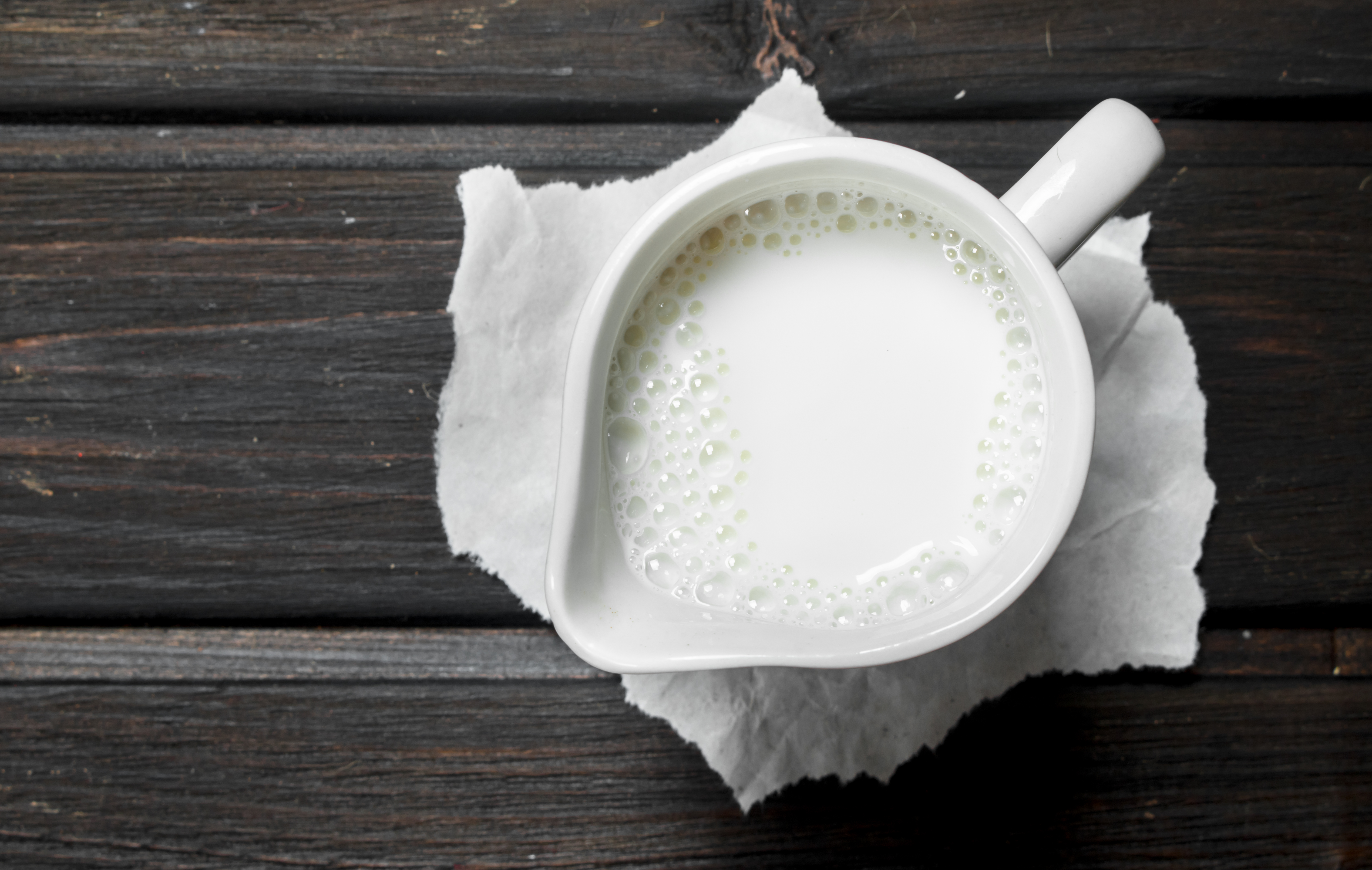
Low-fat milk is a staple in many diets and can contribute to lower blood pressure due to its calcium and vitamin D content. Calcium is essential for maintaining healthy blood pressure levels, while vitamin D helps the body absorb calcium more efficiently. Studies suggest that individuals who consume low-fat dairy products tend to have lower blood pressure than those who do not. Opting for low-fat versions ensures you get the benefits without the added saturated fats found in whole milk. Incorporating low-fat milk into smoothies or enjoying it with cereal can be a simple yet effective way to support cardiovascular health.
6. Cranberry Juice: The Inflammation Fighter
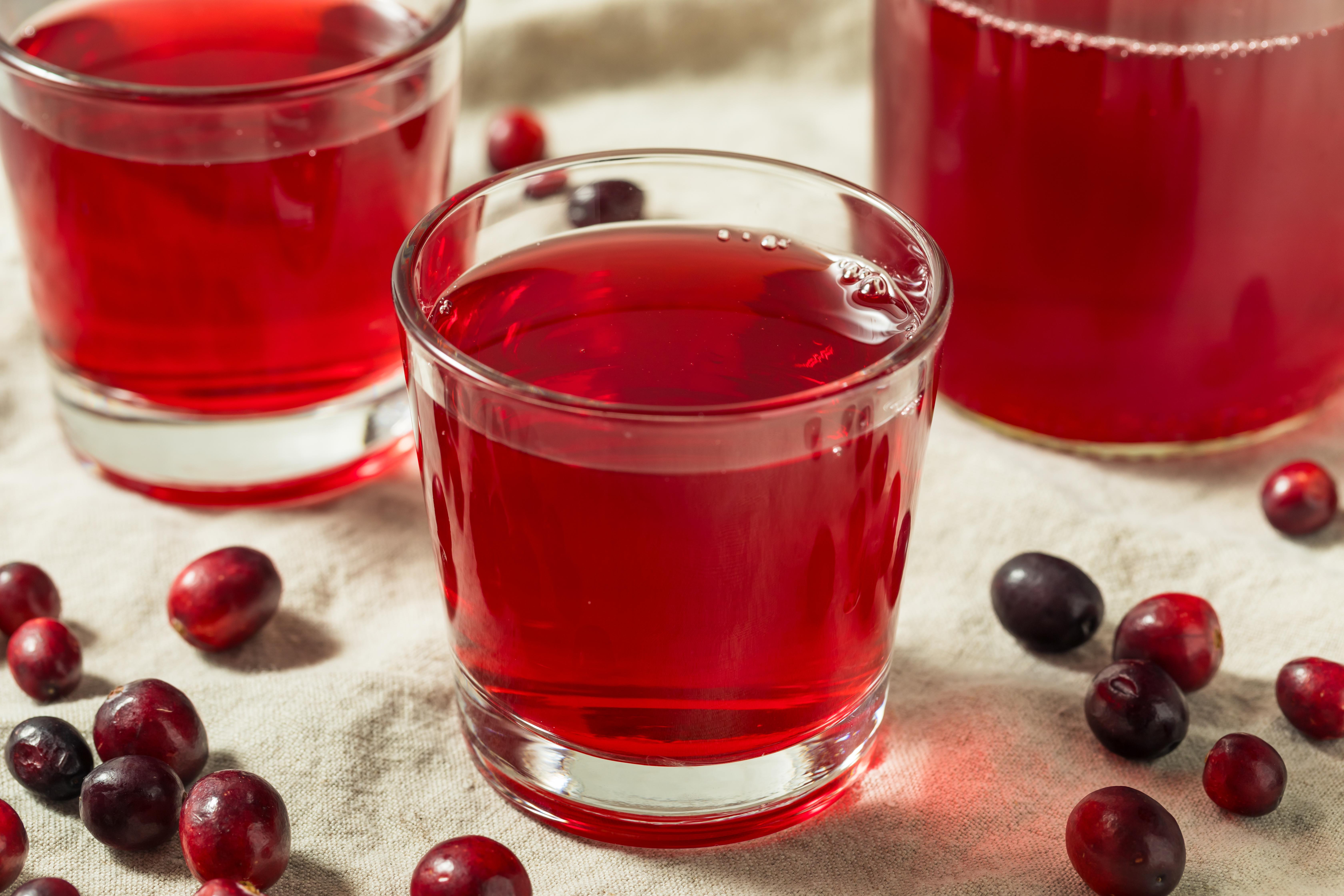
Cranberry juice is often associated with urinary tract health, but it also holds potential benefits for lowering blood pressure. Rich in antioxidants and anti-inflammatory compounds, cranberry juice helps improve blood vessel function and reduce inflammation, which can contribute to lower blood pressure. However, it's crucial to select unsweetened cranberry juice to avoid the negative effects of added sugars. The tartness of cranberry juice can be balanced by mixing it with water or other juices, making it a refreshing and heart-healthy beverage choice. Regular consumption can support overall cardiovascular health and aid in maintaining healthy blood pressure levels.
7. Watermelon Juice: The Citrulline Source
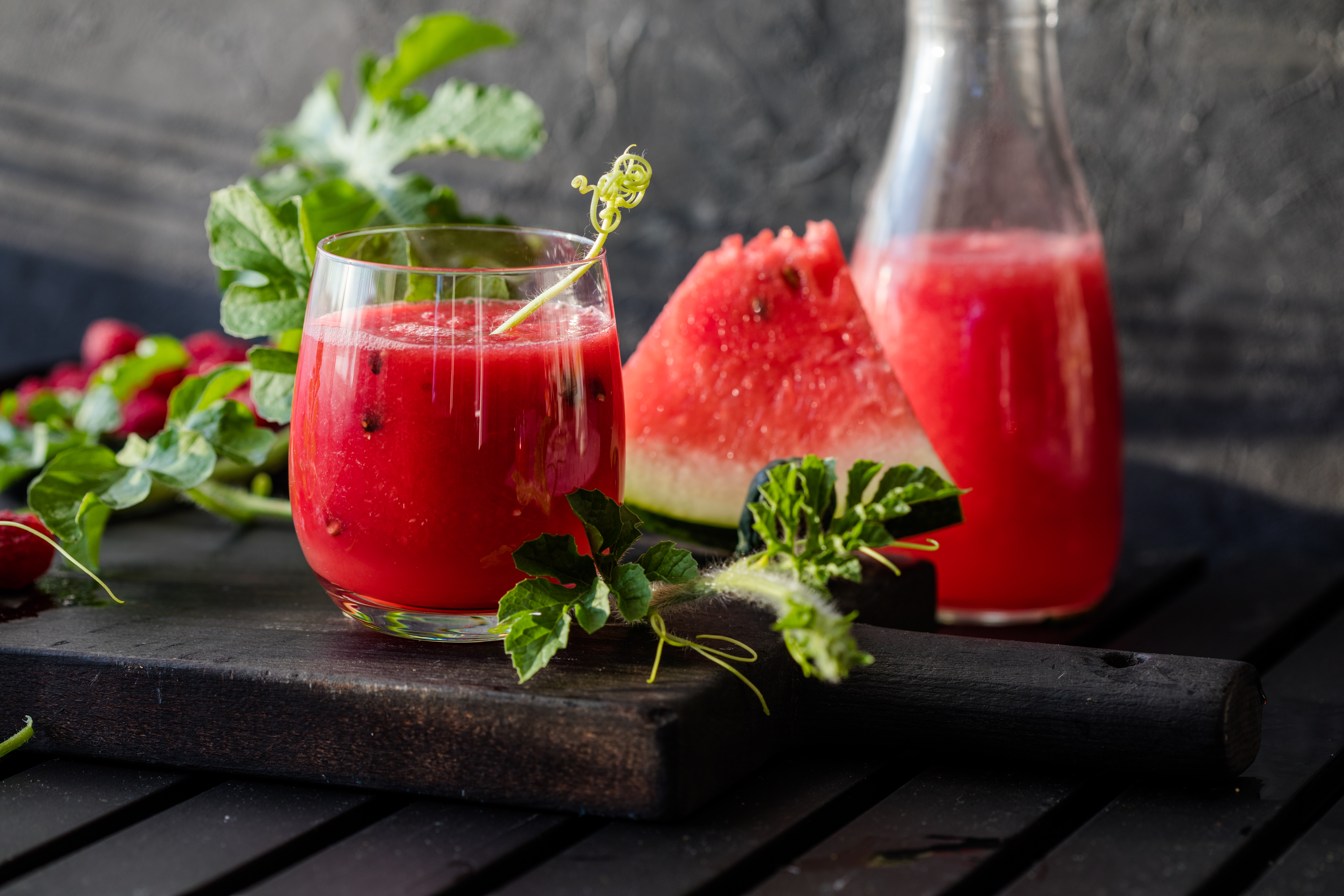
Watermelon juice, with its hydrating properties and refreshing taste, is more than just a summer treat. It contains an amino acid called citrulline, which the body converts into arginine, a precursor to nitric oxide. This process helps relax blood vessels and improve blood flow, thereby reducing blood pressure. Studies have shown that consuming watermelon juice can lead to a reduction in both systolic and diastolic blood pressure. Its natural sweetness and hydrating qualities make it an enjoyable and effective choice for those looking to manage their blood pressure naturally. Incorporating watermelon juice into your diet can be a delightful way to support heart health.
8. Sugary Sodas: Taste with a Side of Trouble
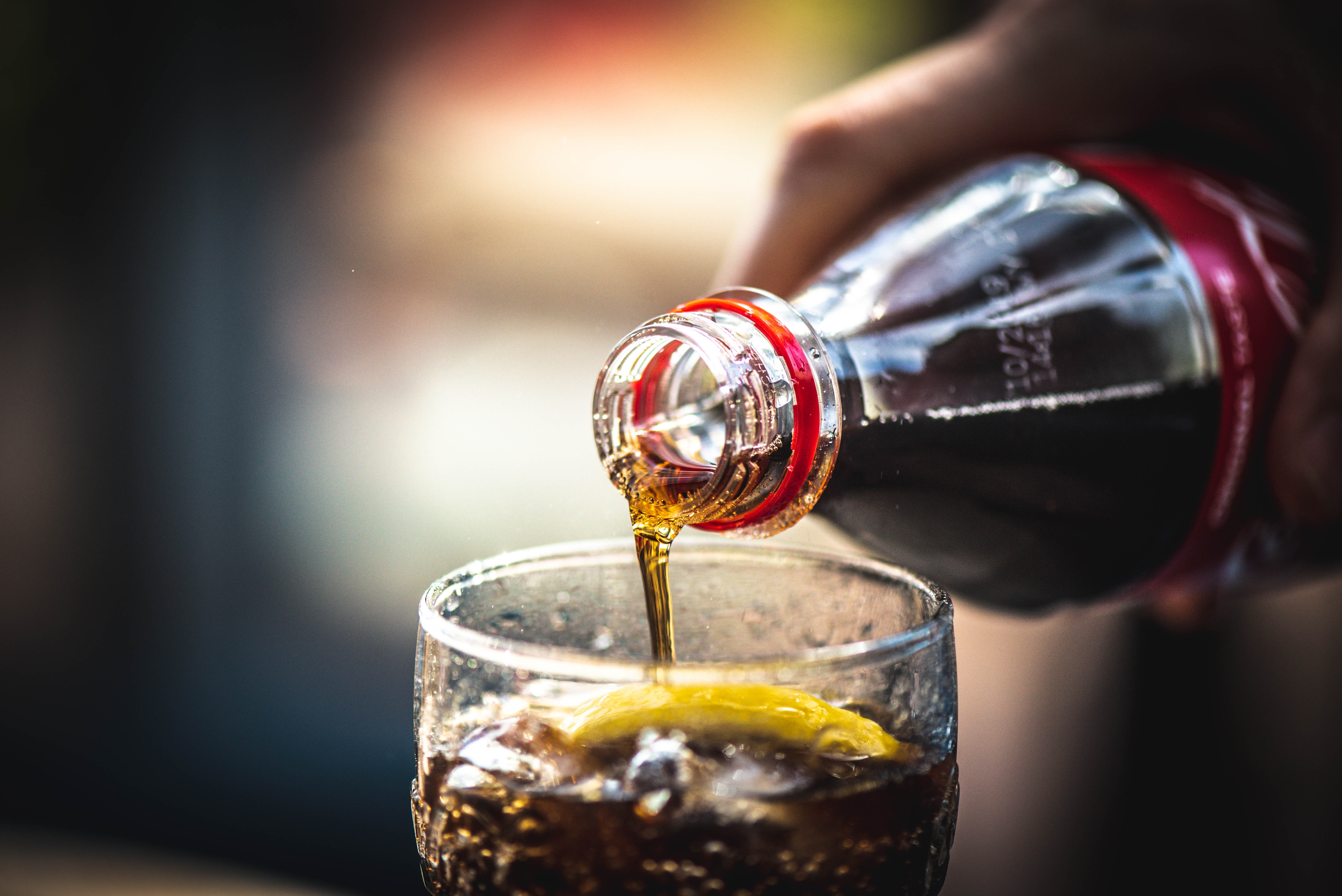
While some beverages can aid in lowering blood pressure, others can have the opposite effect. Sugary sodas, for instance, are best avoided by those concerned about hypertension. High sugar content in sodas not only contributes to weight gain, a risk factor for high blood pressure, but also leads to spikes in insulin levels, which can negatively impact blood pressure regulation. The excessive consumption of sugary drinks is linked to an increased risk of developing hypertension and heart disease. Opting for healthier alternatives like infused water or herbal teas can help you avoid the pitfalls of sugary sodas while supporting your cardiovascular health.
9. Alcoholic Beverages: Sneaky Culprit

Moderation is key when it comes to alcohol consumption, especially for those with high blood pressure. While some studies suggest that moderate alcohol intake might have cardiovascular benefits, excessive alcohol consumption can lead to increased blood pressure and other health issues. Alcohol can interfere with the effectiveness of blood pressure medications and contribute to weight gain, further exacerbating hypertension. It's advisable to limit alcohol intake to the recommended guidelines: up to one drink per day for women and two for men. Being mindful of alcohol consumption can help maintain healthy blood pressure levels and support overall heart health.
10. Energy Drinks: Fatigue Fighter with a Tax

Energy drinks are often marketed as quick fixes for fatigue, but they can pose significant risks for individuals with high blood pressure. These drinks typically contain high levels of caffeine and sugar, both of which can lead to increased heart rate and elevated blood pressure. The combination of stimulants in energy drinks can also cause palpitations and anxiety, further straining the cardiovascular system. For those looking to boost energy levels without compromising heart health, opting for natural sources of energy, such as a balanced diet and regular exercise, is a safer and more effective approach.
Embrace the Power of Choice

The journey to maintaining healthy blood pressure is paved with choices, and the beverages you consume play a vital role. By embracing drinks like hibiscus tea, beetroot juice, and green tea, you can naturally support your cardiovascular health and work towards lowering your blood pressure. Simultaneously, being mindful of what to pass by, such as sugary sodas and energy drinks, can prevent negative impacts on your health. Ultimately, informed choices about what you sip can empower you to take control of your heart health, ensuring a balanced and heart-friendly lifestyle. By sipping wisely, you embrace the power to nurture a healthier heart and a vibrant life.
